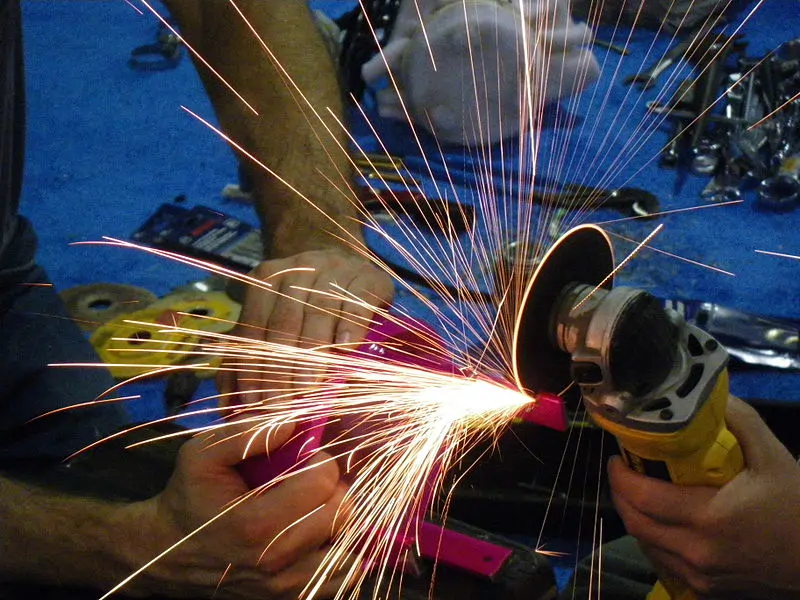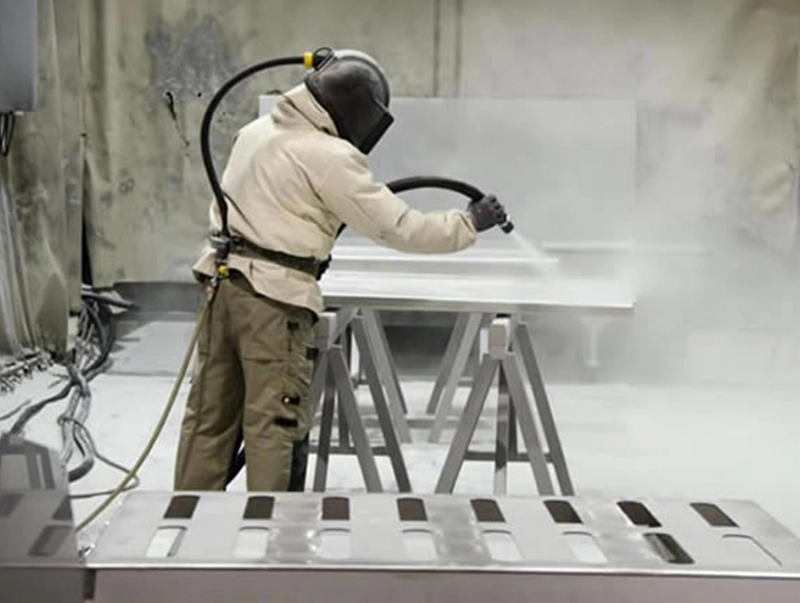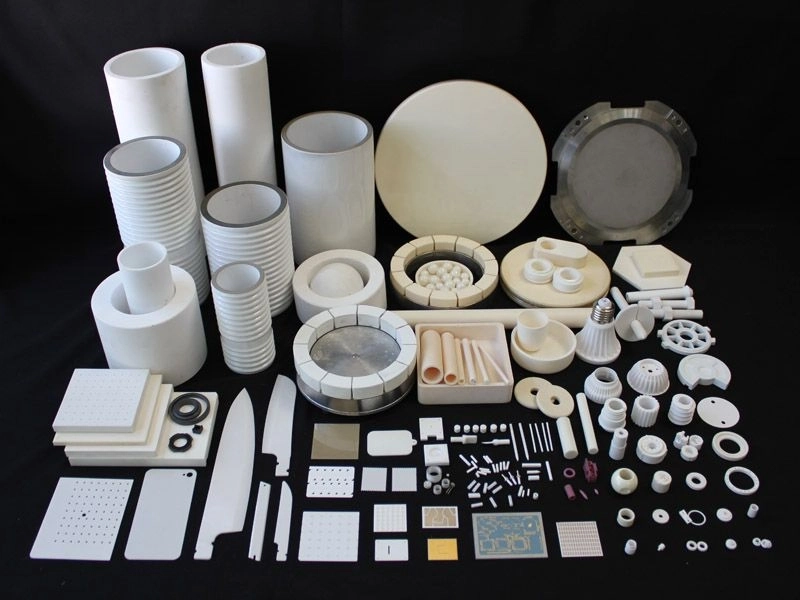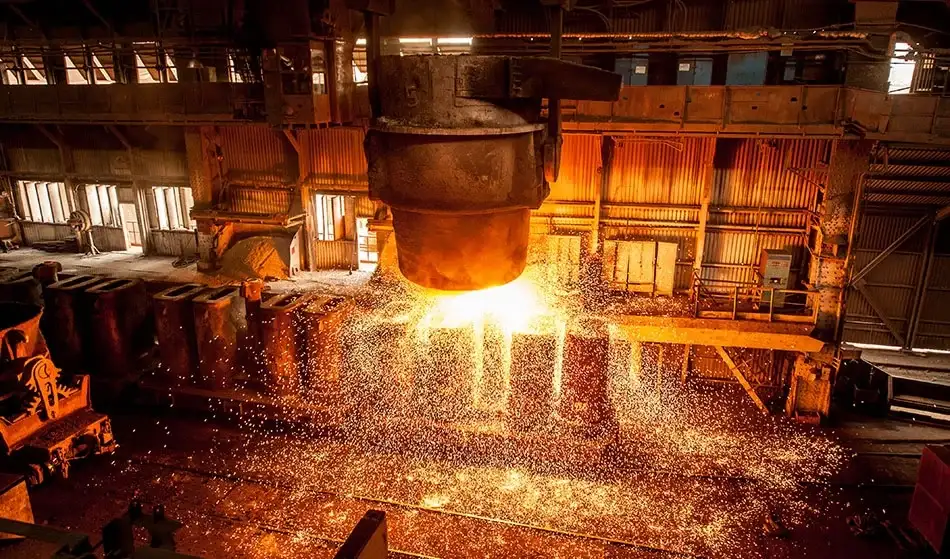Industries
Provides High Performance Services For Multiple Industries & Technologies!

Abrasives
Abrasive grains and powders are essential in the production of various industrial tools and products, including bonded and coated abrasives like cutting wheels, grinding discs, drill bits, and sandpaper.

Blasting
Silicon carbide and alumina are widely used in blasting applications due to their exceptional hardness and durability. Silicon carbide's sharp edges make it ideal for abrasive blasting, efficiently removing rust, paint, and other coatings from surfaces while providing a clean, roughened finish. Alumina, known for its toughness and high melting point, is commonly used in high-pressure blasting to clean and prepare metal surfaces, ensuring superior adhesion for subsequent coatings. Both materials are essential in industries where precision and surface quality are critical, such as automotive, aerospace, and construction.

Ceramics
Silicon carbide and alumina are essential materials in the ceramics industry due to their exceptional hardness, thermal stability, and wear resistance. Silicon carbide is widely used in the production of advanced ceramics, offering excellent thermal conductivity and mechanical strength, making it ideal for high-temperature applications such as kiln furniture, heat exchangers, and ceramic armor. Alumina, with its high melting point and electrical insulation properties, is a key component in the manufacture of ceramic substrates, insulators, and cutting tools. Both materials contribute to the durability and performance of ceramic products used in demanding industrial and technological environments.

Flooring
Silicon carbide and alumina are crucial materials in the flooring industry, providing exceptional durability, slip resistance, and wear protection. Silicon carbide is often embedded in flooring surfaces to enhance traction and prevent slipping, making it ideal for use in high-traffic areas, industrial settings, and outdoor environments. Alumina is valued for its hardness and abrasion resistance, contributing to the longevity and resilience of flooring materials. Both materials are commonly used in the production of non-slip coatings, decorative finishes, and heavy-duty flooring systems, ensuring safe and durable surfaces in both commercial and residential spaces.

Polishing
Silicon carbide and alumina are widely used in polishing applications due to their exceptional hardness and abrasive qualities. Silicon carbide's sharp, angular grains make it ideal for polishing hard surfaces, efficiently removing material to achieve a smooth, refined finish. It's commonly used in polishing metals, glass, and ceramics, where precision and surface quality are critical. Alumina, known for its fine particle size and uniformity, is preferred for ultra-fine polishing, producing a high-gloss finish on materials such as gemstones, optics, and semiconductor components. Both materials are essential in achieving high-quality, polished surfaces across various industries.

Refractory
Silicon carbide and alumina are critical materials in the production of refractory products due to their exceptional thermal stability, high melting points, and resistance to chemical attack. Silicon carbide is widely used in refractories for its ability to withstand extreme temperatures and thermal shock, making it ideal for applications in kilns, furnaces, and incinerators. Alumina, with its superior hardness and strength, is essential in the manufacture of high-performance refractory linings, insulating bricks, and castables. Both materials ensure the durability and longevity of refractory products, making them indispensable in industries such as steelmaking, glass production, and cement manufacturing.